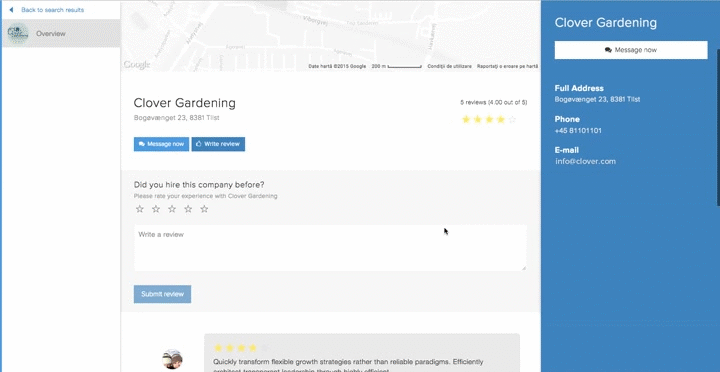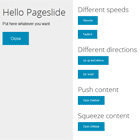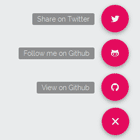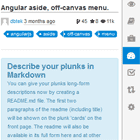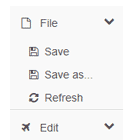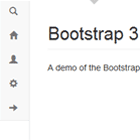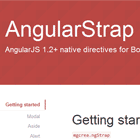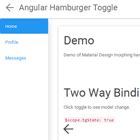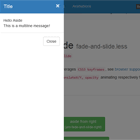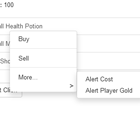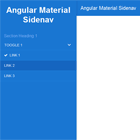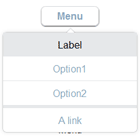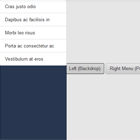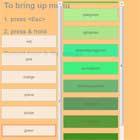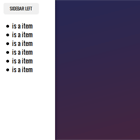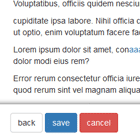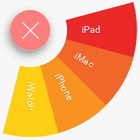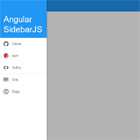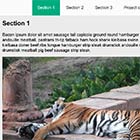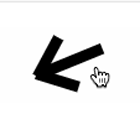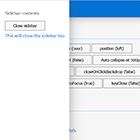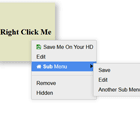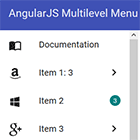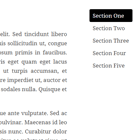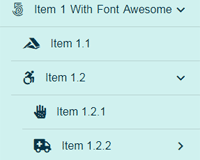Angular sticky navigation directive
Quick Demo
Angular directive to make a sticky element, read about it on here. It will add a ng-sticky-fixed class whenever your navigation is not visible on the viewport (therefore it will make it visible & sticky). It's up to you to style the class properly, see the example for more.
Usage
- Include
ng-sticky.js. - Add
dm.stickyNavas a dependency to your app. - Profit!
Bower
Installable via bower:
bower install ng-stickyExample
See index.html for an example.
<script> angular.module('app', ['dm.stickyNav']); </script> <style> .ng-sticky-fixed{ background-color:rgba(0, 0, 0, 0.1); bottom:0; left:0; padding:10px 15px; position:fixed; top:auto; width:100%; } </style> <article ng-app="app"> <section sticky-nav> <button class="btn btn-primary">Review</button> <button class="btn btn-danger">Delete</button> </section> <section> [...] Lots of text </section> </article>Custom sticky class
By default ng-sticky-fixed will be appended to the element's class. By providing a value to the sticky-nav attribute you can use any other class:
[...] <style> .custom-class{ /* ... */ } </style> <article ng-app="app"> <section sticky-nav="custom-class"> [...] </section> [...] </article>Additional directive attributes
By default, the directive will attempt a 100 milliseconds $timeout call to wait for the DOM to load. You can provide different values for retrying until DOM is ready using max-tries and ms-retry-delay:
<div sticky-nav="custom-class" max-tries="5" ms-retry-delay="200"/>When you don't want to use the height of your sticky element as part of the threshold for applying the sticky class, you can add the ignore-element-size directive attribute. It is useful for 'tall' elements like sidebars or side menus.
<div sticky-nav="custom-class" ignore-element-size/>About ngmilk
ngmilk is the place to go for fresh front-end articles, with a focus on AngularJS. See more on ngmilk.rocks
Follow @ngmilkrocks on Twitter to stay ahead of the game.

